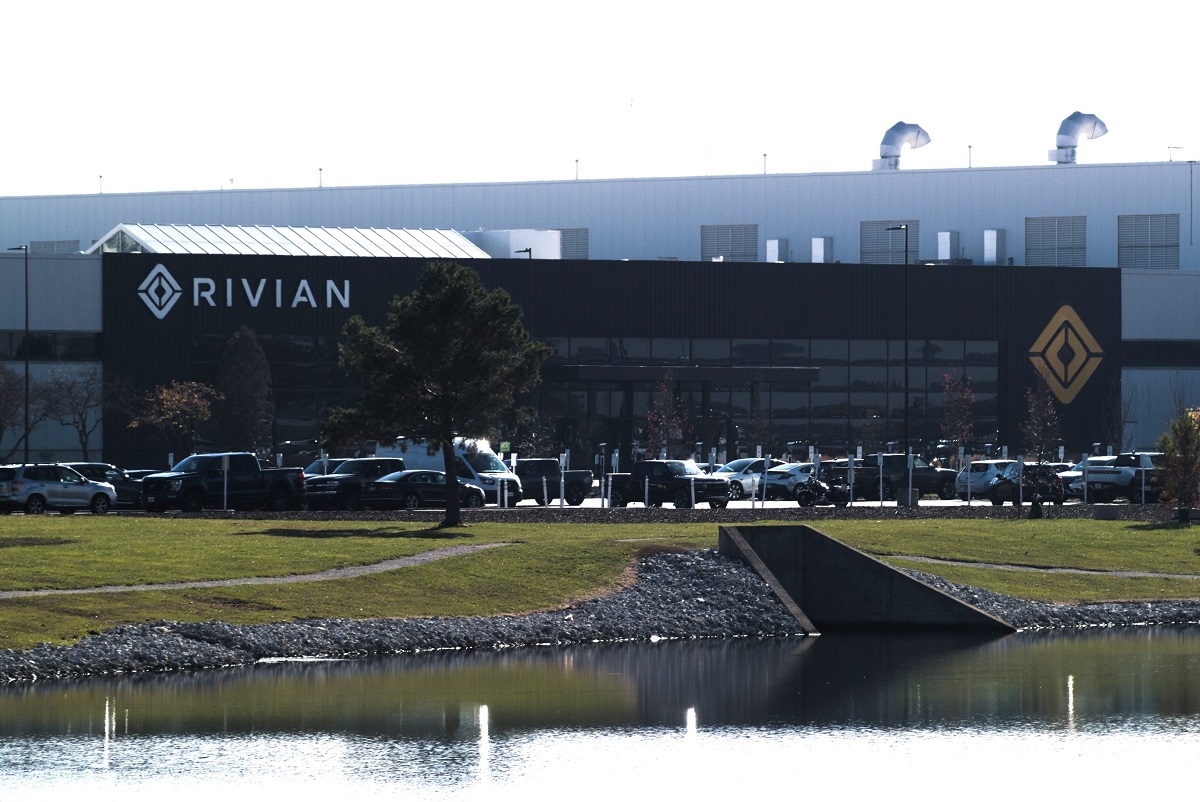Business owners across the country lament their struggles to find workers despite advertising their job openings. Find out why people aren’t turning up for interviews.
An Age-Old Sentiment

Though it has become a common refrain from politicians, business owners, and pundits, the phrase “nobody wants to work anymore” is not new.
A fifth of surveyed businesses said they agreed with the claim, but research shows that the statement is over a century old.
“Nobody Wants to Work These Hard Times”

“With all the mines of the country shut down by strikers[,] what will the poor editor do for coal next winter? It is becoming apparent that nobody wants to work these hard times,” read a newspaper clipping from 1894.
Research Shows Decades of History

Researcher Paul Fairie shared the clipping online and excerpts from many other decades, all echoing the same sentiment.
The Real Reasons “No One Wants to Work Anymore”

Since the complaint is far from new, critics have long shared their reasons for not wanting to take open positions even when they desperately need a job.
#1. The Pay Is Too Low

Low wages are a significant issue in the country. While some employers argue that “no one wants to work” because they are not receiving interest in their job postings, they fail to recognize that it is nearly impossible for a person to survive on minimum wage anymore.
#2. The Environment Is Toxic

No one wants to work in a toxic environment. Americans are pulling away from the idea that they have to put up with negativity at work to earn their paychecks and are starting to stand up for themselves.
#3. There’s No Work-Life Balance

Often, jobs that are advertised as 40-hour-per-week gigs turn into much more when the boss expects overtime, weekends, and even off-the-clock contributions.
As older generations move toward retirement, millennials and Gen Z-ers are prioritizing a healthy work-life balance.
#4. They Can’t Afford to Work (Literally)

It sounds counterintuitive, but some people literally can’t afford to work.
Rising costs of childcare have made it so that some people pay more for daycare or babysitters than they earn after taxes, so financially, it makes more sense for them to stay home with their children.
#5. They Can’t Afford to Work (Figuratively)

For some people, the impact of working in extremely challenging environments for very low pay can take a mental toll that makes it difficult to live a healthy life in or outside of work.
A Hard Choice

Often, people must choose between their mental well-being or a job they know will make them unhappy.
#6. They Can’t Work From Home

The COVID-19 pandemic brought many white-collar workers home from the office to work remotely from the comfort of their own homes.
This sparked the realization that millions of jobs could be done without ever setting foot inside an office.
A New Normal

Now, it’s hard for people to want to go back to the old way. Since many companies offer remote work as an option, those who don’t may have a harder time filling roles.
#7. They Need Benefits

Jobs without access to benefits like paid vacation and sick days, insurance, and a 401k match are going to be difficult to sell.
The Importance of Offering Benefits

While it is the industry norm in some cases to forego benefits, most people who are willing to work 40 hours a week for a company want to know that the job comes with perks beyond just their paycheck.
#8. They’re Overqualified

Companies that advertise positions to people with graduate degrees but pay entry-level wages are likely to be passed over.
Many people took out significant debt in student loans to get the education needed to start their careers, and now that they’re in the workforce, they need to earn enough to make their degrees worth it.
#9. Poor Management

Word of mouth is important in many industries. If it gets out that a leadership team is incompetent, harsh, inflexible, or otherwise difficult to work with, it may be hard to find anyone who wants to work under them.
#10. They Want To Do Meaningful Work

Especially after the collective impact of a global pandemic put things into perspective for people, more and more workers want to do something that feels important to them.
Seeking Fulfillment At Work

If prospective employees feel their time would be wasted in a certain job, they may be less likely to want to take it on.
The Way Forward

As hard as it can be for businesses to struggle to fill roles, understanding the reasons why people may not be jumping at every open position is key to figuring out what will get people in the door.
DeSantis Under Fire As Florida Left Underwater

Florida residents are struggling this hurricane season, and many are pointing the finger at a certain Governor. DeSantis Under Fire As Florida Left Underwater
Factory Shutdowns in Illinois Devastate 1000 Workers

While the job market seems to be in relatively good shape, some states are feeling the burn – Illinois being one of them. Factory Shutdowns in Illinois Devastate 1000 Workers
Largest Data Breach Exposes Full Names, Social Security Numbers, Driver’s Licenses, and More of 3 Million Americans

A debt collection company just experienced a massive data breach that makes your usual cases of identity theft look like child’s play. Largest Data Breach Exposes Full Names, Social Security Numbers, Driver’s Licenses, and More of 3 Million Americans
Featured Image Credit: Shutterstock / Jonathan Weiss.
The content of this article is for informational purposes only and does not constitute or replace professional financial advice.
The images used are for illustrative purposes only and may not represent the actual people or places mentioned in the article.

